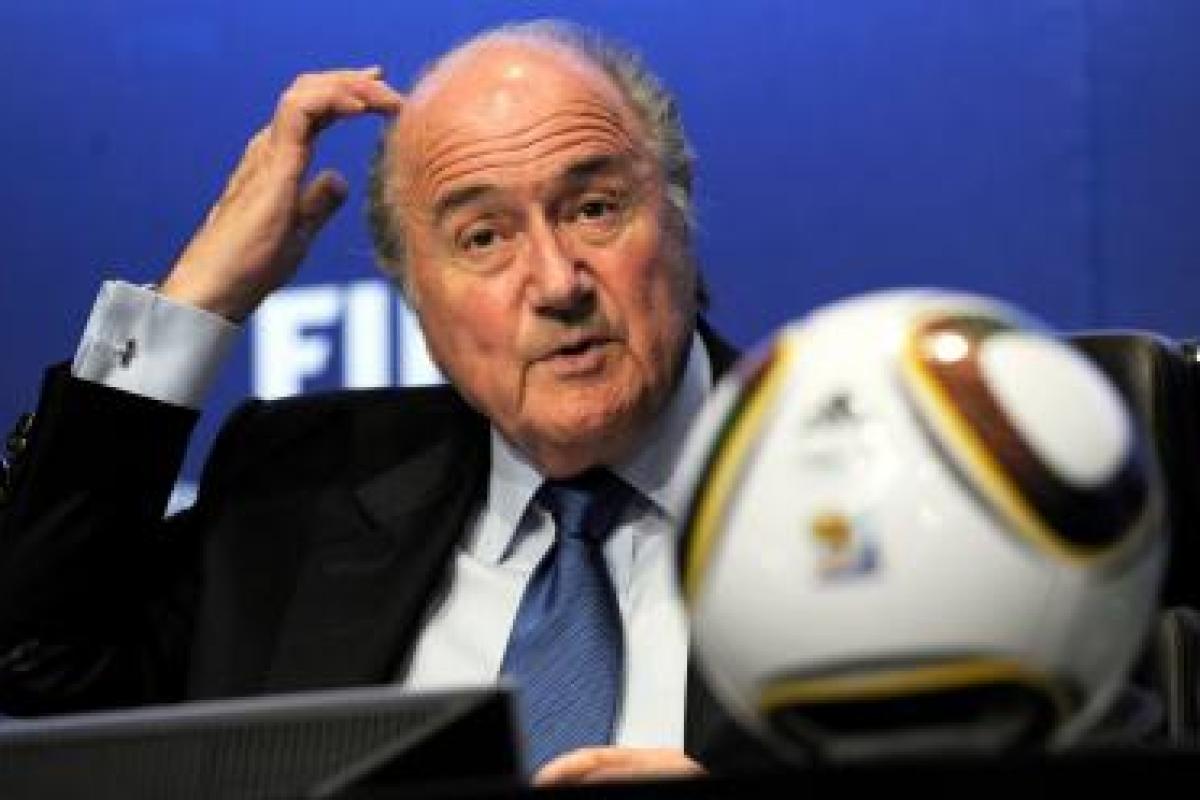The last decade has been characterised by many brands seeking to build their positioning around a brand purpose rather than a benefit. In searching for some higher order reason to exist, brand owners have sought to lay claim to a more profound impact on people’s lives than simply meeting a basic need (and making money.)
This ethos also extends to sponsorship. With a commendable desire to be useful, the mantra is often “don’t just badge it, bring something to the party that wouldn't otherwise have happened.” In many ways, this pursuit of some higher order purpose belies a ‘debit and credit’ approach to branding; in return for making more money, give something back. The trouble is, these attempts at brand social responsibility can often feel tenuous or somewhat contrived.
However, the current FIFA debacle provides a gilt-edged opportunity for some global brands to be a force for good in a very relevant and meaningful way.
Granted it’s not solving world poverty, but reclaiming the world’s most loved sport from the hands of self-interested and allegedly corrupt administrators could be a big thing for a lot of people. Football, like all professional sports, only exists in its current form as a result of the massive funding provided by broadcasters and sponsors. They therefore have a huge amount of leverage and are probably the only people, beyond law enforcement officers, who can challenge the status quo.
Yet, have any of them grasped the nettle? VISA have so far been the most pointed, but statements from all the other World Cup sponsors sound more like a defensive PR stance, rather than seizing an opportunity to positively influence events. I can imagine most of them saying something like “It’s not our job to meddle or get involved in the running of the sport.” But what they should be asking is : what would our customers want us to do? They also need to recognise that they’re partly responsible for the current state of affairs. FIFA has allegedly been corrupted by money, and most of this money has come from commercial partners. So, global brands have been partially responsible for creating the problem, they now need to take more ownership for helping to solve it.
If Coca Cola, McDonalds, Budweiser et al all united and threatened to withdraw their support for the current regime, then Blatter’s position would become untenable. It’s a moment of truth for these big brands and big corporations, the question is, have they got the balls?
Read more from Phil Rumbol in our Clubhouse.
